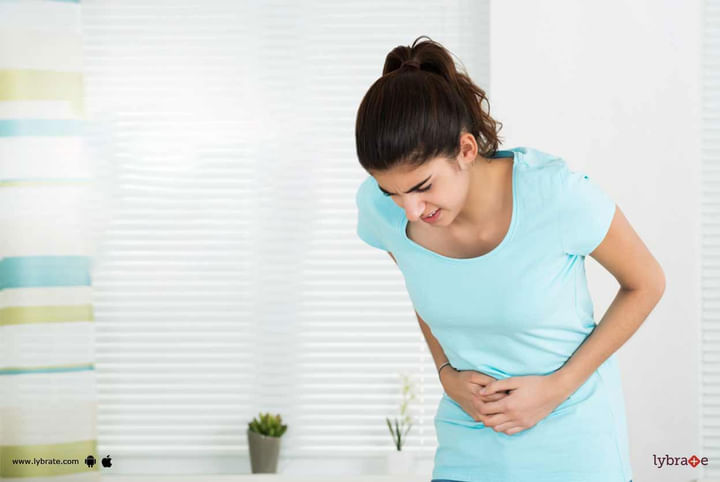Anorectal Disease - How To Handle It?
Diseases that plague the anal and the rectum area are categorized as anorectal disorders. Some common forms of anorectal disorders are haemorrhoids, fissures, and fistulas. Most of these conditions manifest through symptoms like burning, itching, pain, and bleeding. If you have any of these disorders, consult a specialist to rule out anal cancer or other severe problems.
Let us look at some of the most common types of anorectal disorders and their treatments –
1. Anal Fissure - An anal fissure occurs when there are tears in the anal canal lining. If you are constipated or strain while passing bowels, you become vulnerable to this disorder. The symptoms are sharp pain during bowel movements that may be followed by blood loss from the anal area. If you have anal fissures, opt for warm baths to soothe the affected area. Not only that, it will also improve blood flow. Medications include fibre therapy, which changes the texture of the stool and allows that area to heal. You may also be prescribed sphincter relaxants if the above measures do not work. The last resort is surgery.
2. Haemorrhoids - Haemorrhoids are a part of your body. They allow you to control your bowel movements. There are two types of haemorrhoids – internal and external. The internal ones may lead to a feeling of incomplete bowel movement, bleeding, leakage of bowel and tissue prolapse. In the case of external haemorrhoids, you will feel a bulge near the anal outlet. You may also have bleeding and itching in the anal region. For this condition, the primary goal is to tackle the symptoms and not getting rid of the hemorrhoidal tissue.
3. Fistulas - If the skin and the anal canal are connected abnormally, then you have a fistula. It can also be a result of an abscess. An abscess occurs when one of the glands in the anal canal gets blocked. An infection ensues, which left untreated can turn into a fistula. Symptoms of fistula include fever, redness, pain, and bloody discharge. Controlling bowel movements also becomes difficult. For fistulas, the treatment begins with a careful examination of the affected area. If an abscess is found, it is drained. If abscesses are not the reason, then antibiotics are prescribed. Sometimes, a colonoscopy may be required for a better diagnosis. If all measures fail, doctors resort to surgery.
4. Pruritus ani - It is intense chronic itching, affecting peri-anal skin. It affects around 5% of the population, is four times more common in men. It is frequent between fourth and sixth decades of life.
5. Constipation - It refers to bowel movements that are hard to pass. The stool is often dry. Other symptoms include abdominal bloating, pain and feeling as if one has not completely passed the bowel movement.
6. Prolapse - It is often associated with prolapse of other pelvic organs. The weakness of connective tissue separating the bladder and the vagina can cause the bladder to bulge into the vagina.
7. Proctalgia fugax - It is a functional anorectal problem characterized by severe, intermittent episodes of rectal pain that are self-limited. Its diagnosis requires exclusion of other causes of rectal or anal pain.
Make sure to consult a doctor as soon as you experience any of these symptoms.



+1.svg)
